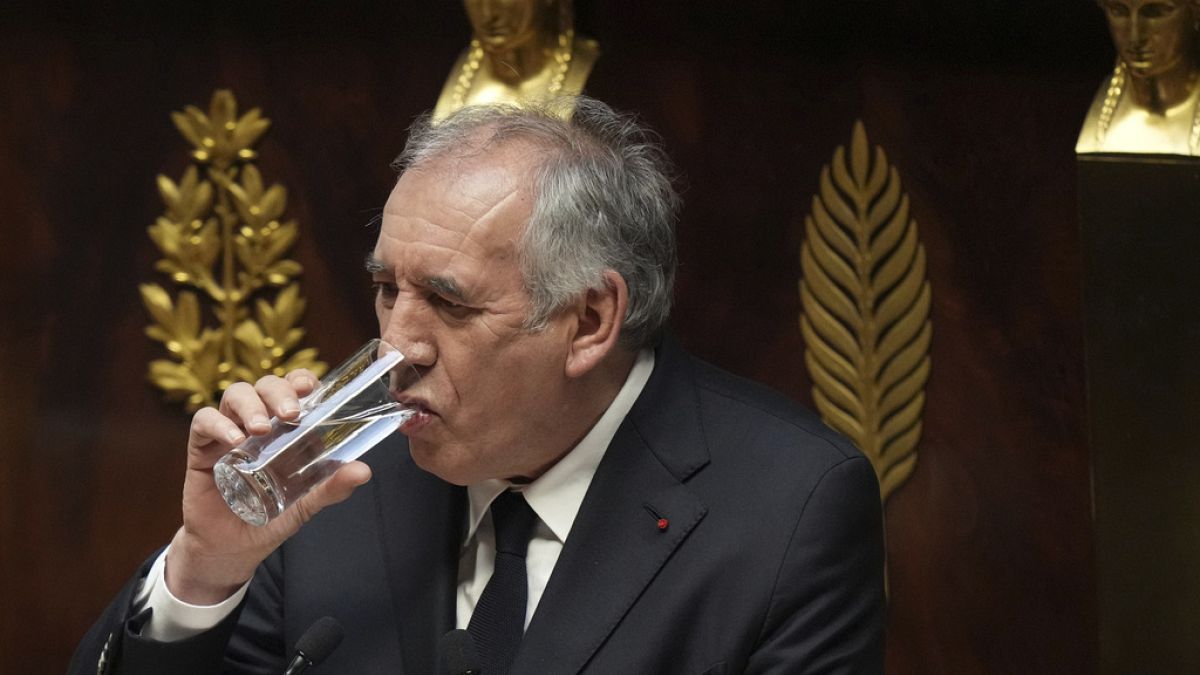France has one of the highest and longest-standing budget deficits in the eurozone – but attempts to resolve it have already toppled one government.
France’s plans to bring its swollen budget under control by 2029 won support from EU counterparts on Tuesday.
But Prime Minister François Bayrou still has a tightrope to walk to avoid the fate of his predecessor Michel Barnier, who was forced to quit in December after a dispute over cost-cutting led fractious lawmakers to vote against his reign.
“Overall, France maintains a level of ambition over a seven-year period, albeit in a less frontloaded way,” EU Economics Commissioner Valdis Dombrovskis told reporters on Tuesday of the plans to reduce the deficit, drawing a comparison with proposals submitted by the Barnier government last year.
In today’s package, the EU Council agreed on a detailed multi-year strategy for France, Belgium, Italy, Malta, Poland, Slovakia and Romania to bring their high deficits back down.
Brussels is deploying tough fiscal rules set out in the EU Treaty – which were abandoned due to Covid, and recently reintroduced with more flexibility.
Under the deal, France has pledged to make major structural reforms to unemployment insurance, pensions, and renewable energy – though the party of President Emmanuel Macron has no legislative majority, and will rely on alliances with the left or the far-right to make progress.
In 2024, France’s deficit ballooned to 6.2% of the size of its economy – making it the worst offender in the eurozone, which requires its members to keep budget balances under 3%.
Yet Bayrou has in recent weeks been forced to make concessions to left-leaning lawmakers, reducing the impact of a plan that previously involved some €40 billion in spending cuts.
Last week, he survived a no-confidence vote after pledging to renegotiate a highly unpopular pension reform spearheaded by Macron, and to backtrack on plans to axe 4,000 jobs in the public education sector.
Barnier’s government lasted just three months before collapsing. In December, finance minister Antoine Armand was replaced by Eric Lombard, a banker who’d previously held executive roles at BNP Paribas and Generali, and who on Monday and Tuesday formally met his EU counterparts in Brussels for the first time.



